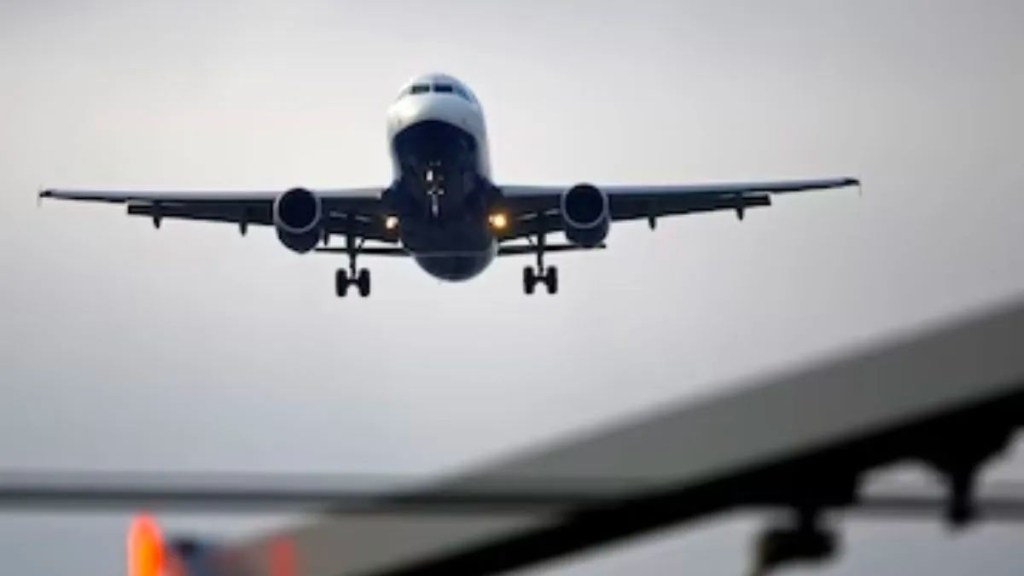Union Minister Nitin Gadkari on Wednesday (August 7) announced in the Rajya Sabha that India’s aviation industry is set to adopt 20% bio-aviation fuel within the next five years. Gadkari explained that this initiative will start with stubble (parali) as a key raw material, with farmers receiving Rs 2,500 per ton for their contributions.
“Within five years our aviation industry will use 20 per cent of bio-aviation fuel, sustainable aviation fuel and that is to be starting it from parali (Stubble) and the farmer will get the rate of Rs 2500 per ton for it,” said Gadkari.
Usage of bio-bitumen in road construction
Gadkari also discussed the use of bio-bitumen in road construction, which is helping to reduce India’s dependence on imported bitumen. Bio-bitumen, derived from renewable sources such as crop stubble, is used as a binder in road paving.
He noted that, with 90% of India’s road network using bitumen layers, the consumption for 2023-24 was 88 lakh tons, expected to rise to 100 lakh tons in 2024-25. Currently, India imports 50% of its bitumen, costing between Rs 25,000 to 30,000 crore annually.
“We are the largest road network in the world, 90 per cent of roads we are using Bitumens layer and Bitumens consumption in 2023-24 was 88 lak ton, 2024-25 which is expected to be 100 lak tan. In total, we need to import 50 per cent of the Bitumen and the annual import cost is Rs 25,000 to 30,000 crore,” he said in Rajya Sabha.
Bio-bitumen from stubble
The Central Road Research Institute (CRRI) in New Delhi, in collaboration with the Indian Institute of Petroleum (IIP) in Dehradun, has developed bio-bitumen from stubble. Gadkari said that farmers have now become ‘Urja Daata’ (energy providers), contributing not only to food but also to energy and bitumen supplies.
“Our farmers are now not only Anna Daata, they are Urja daata, not only Urja daata, they are Bitumen data and not only Bitumen daata, they are now Hawa Irdhan daata (Air Fuel)” the minister added.
NHAI conducting trials
A test section using bio-bitumen was laid on the Shamli-Muzaffarnagar Section of NH-709AD in November 2022 to monitor its performance over three years. The National Highways Authority of India (NHAI) is also considering a trial on the Jorabat-Shillong section of NH-40.
The benefits of bio-bitumen include reduced bitumen imports, lower greenhouse gas emissions, and increased revenue and employment opportunities for farmers and MSMEs.
